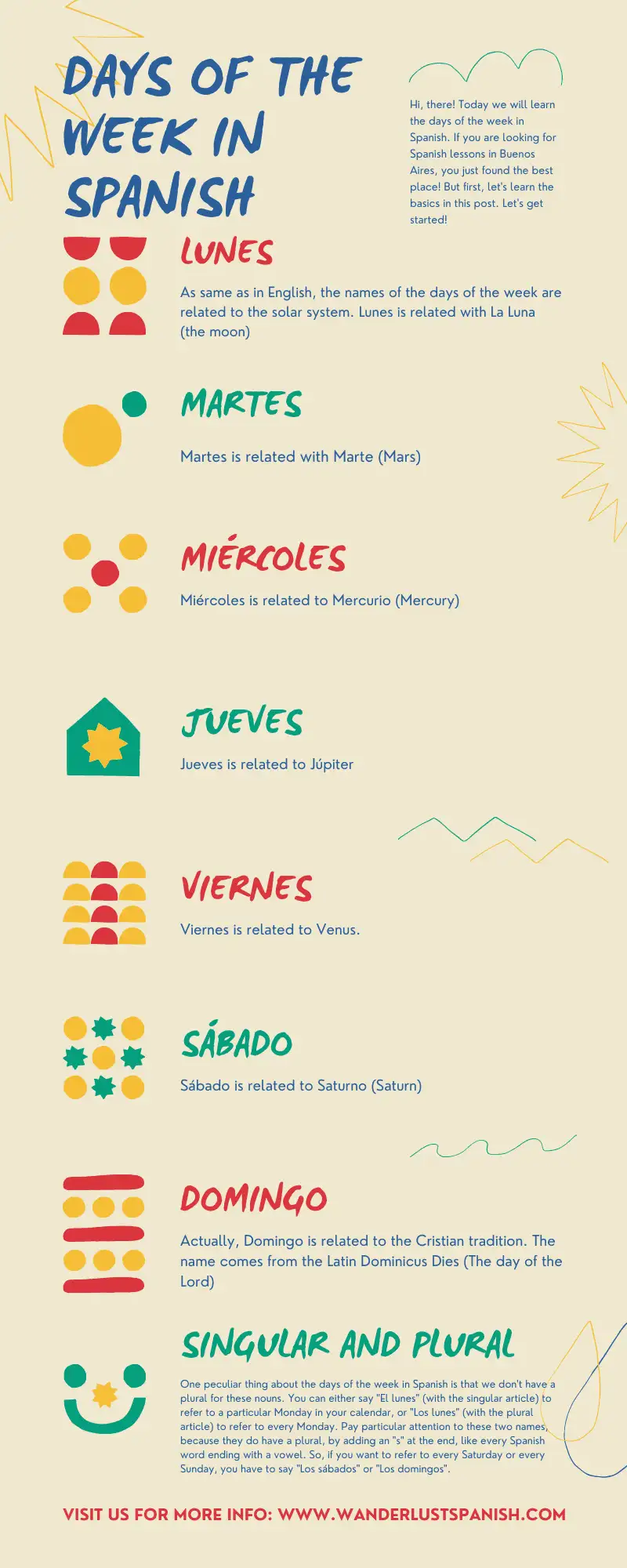🔤 1. The Argentine accent is a challenge — and that’s a good thing
Contents
Let’s start with the question everyone asks:
“Is the Argentine accent too difficult?”
Short answer: No — it trains your ear faster.
Why it helps your learning:
- The “vos” form is extremely regular (vos tenés / vos podés / vos venís).
- You hear a wide range of intonation, which improves listening speed.
- If you can understand Argentine Spanish, you can understand almost every other Latin American accent.
Many students report that after studying in Buenos Aires, they can switch accents easily and follow conversations in Mexico, Colombia or Spain without trouble.
In other words: Buenos Aires sharpens your ear better than neutral Spanish regions.
🏫 2. Buenos Aires has one of the strongest educational ecosystems in Latin America
Buenos Aires is not a beach town or a tourist resort — it’s a major educational hub with universities, academies, cultural centers, and dozens of Spanish schools.
This matters because:
- Teachers tend to have real academic training.
- Class schedules are flexible (intensive, semi-intensive, group or private).
- Prices are significantly lower than Spain, Mexico or Chile.
- You have more school options and more availability year-round.
Students who learn Spanish in Buenos Aires get access to a system built for international learners, not improvised programs.
💵 3. The cost of living makes it easier to learn faster
One of the biggest advantages of learning Spanish in Buenos Aires is the cost-to-quality ratio.
Average monthly costs for a foreign student:
- Private room: USD 250–350
- Transportation: USD 12–15
- Lunch: USD 4–7
- Dinner with wine: USD 8–12
- Coffee: USD 2–3
This affordability allows students to study more hours per week, join extra activities, and stay longer — all things that accelerate your Spanish dramatically.
In Spain or Chile, for example, a student with the same budget would need to work or cut class hours. In Buenos Aires, you can focus on learning.
👥 4. People talk — and your Spanish improves because of it
Argentines are famously social.
They talk a lot, ask questions, give recommendations, and love conversations with foreigners.
This matters for language learning:
- You practice Spanish daily without planning it.
- You gain confidence much faster.
- You stop depending on English after a couple weeks.
- You learn slang naturally through interaction.
Many students say Buenos Aires forces them to speak — in a good way.
🎯 5. Learning outcomes are fast and measurable
Students who study consistently in Buenos Aires usually reach:
- Basic survival Spanish in 7–10 days
- Strong beginner level in 3–4 weeks
- Lower-intermediate (A2/B1) in 8–12 weeks
This timeline is faster than in Europe or North America because Buenos Aires offers:
- Immersion
- Affordability
- High-volume daily interaction
- A linguistic environment that keeps you engaged
👉 Final takeaway
If you want to learn Spanish in Buenos Aires, understand this:
It’s not just a romantic choice — it’s a strategic one.
You get high-quality teaching, a language that sharpens your listening skills, an affordable lifestyle that lets you focus on studying, and a city that pushes you to practice every single day.
If your goal is to learn Spanish quickly, naturally and confidently, Buenos Aires is one of the best environments in the world.









